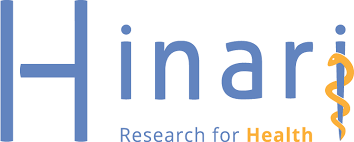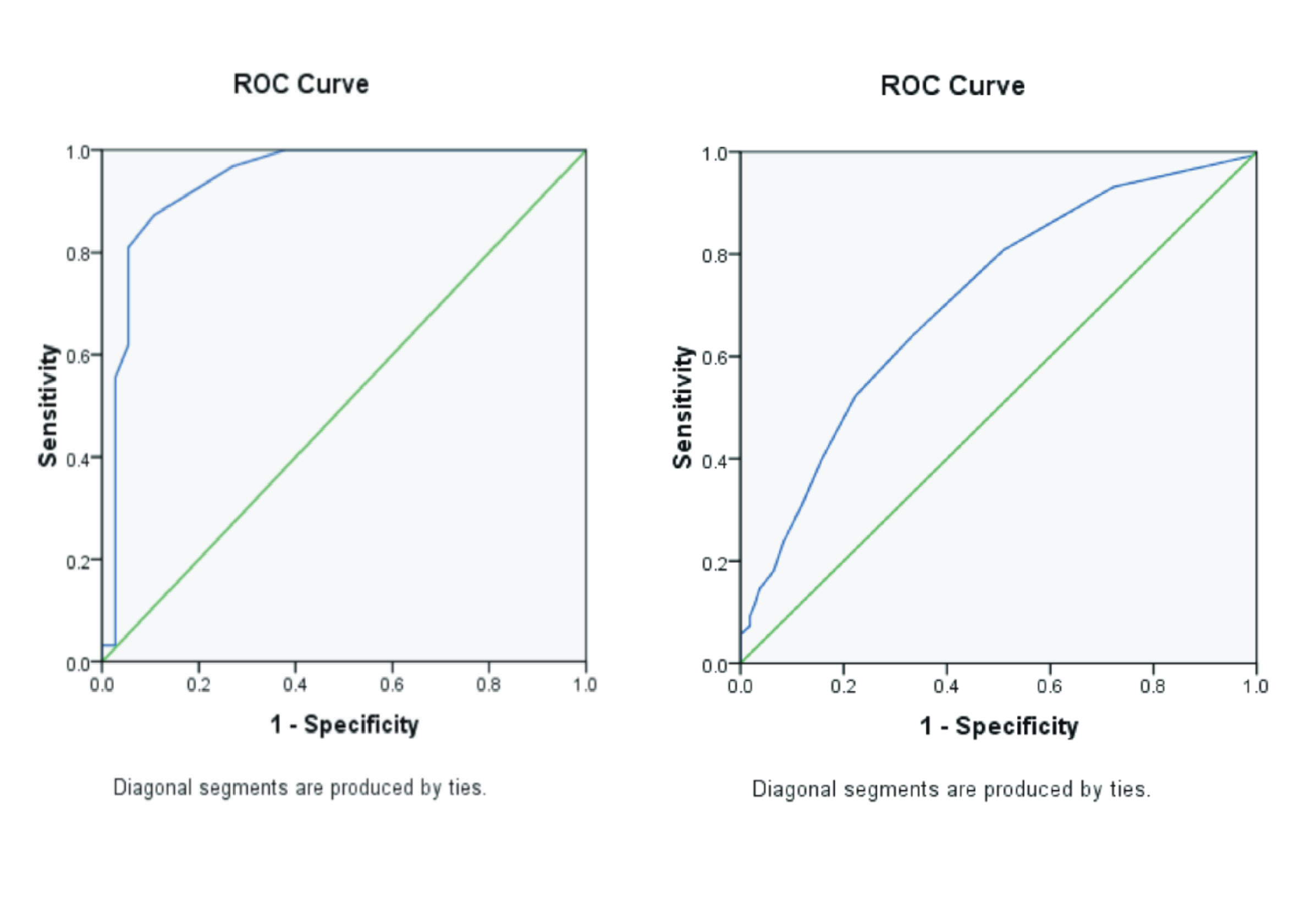THE RELATIONSHIP BETWEEN WORK DEMANDS AND SOCIAL SUPPORT ON WORK STRESS DURING THE PANDEMIC

Downloads
Background: Stress is the effect of competition and high professional demands in the workplace. The Occupational Safety and Health Agency (UPT Keselamatan Kerja) is a technical implementation unit with responsibilities and functions in occupational hygiene, health, and safety. The proliferation of COVID-19 in numerous regions has repercussions for all sectors of society, including agency employees. Those still employed are required to adjust to new conditions. Purpose: Analyse the effect of work demands and social support on work stress among UPT Keselamatan Kerja Surabaya employees during the pandemic. Method: The research was conducted on contract and permanent employees (civil servants), which were divided into three distinct work units: the Safety Training Section Corporate Hygiene and Occupational Safety, the Administration Section, the Testing and Inspection Section. This study employed a quantitative approach. The data were collected using observation. Result: The findings of the study indicated that: 1) UPT Keselamatan Kerja Surabaya employees fell into elevated work demands, 2) UPT Keselamatan Kerja Surabaya employees obtained a high level of social support, 3) Work demands and social support simultaneously affected employees' work stress at UPT Keselamatan Kerja Surabaya. Conclusion: Social support affected work stress among UPT Keselamatan Kerja Surabaya employees with a significance value of 0.004. Work demands and social support concurrently affected the stress experienced by UPT Keselamatan Kerja Surabaya employees.
Agarwal, B., Brooks, S.K., Greenberg, N., 2020. The Role of Peer Support in Managing Occupational Stress: A Qualitative Study of the Sustaining Resilience at Work Intervention. Workplace Health Saf. Vol. 68(2), Pp. 57-64.
Amelia, A., Manurung, K.A., Purnomo, D.B., 2022. Peranan Manajemen Sumber Daya Manusia dalam Organisasi. Mimb. Kampus J. Pendidik. dan Agama Islam Vol. 21(2), Pp. 28-138.
Besral, B., Widiantini, W., 2015. Determinan Stres pada Pegawai Kementerian Kesehatan Republik Indonesia. Kesmas J. Kesehat. Masy. Nas. Natl. Public Health J. Vol. 9(3), Pp. 222-228.
Bowling, N.A., Alarcon, G.M., Bragg, C.B., Hartman, M.J., 2015. A Meta-Analytic Examination of The Potential Correlates and Consequences of Workload. Work Stress Vol. 29(2), Pp. 95-113.
Daniah, F., 2016. Hubungan Gejala Stres Kerja Dengan Bahaya Psikososial Pada Pekerja Pengumpul TolCabang Jagorawi Di PT. Jasa Marga (Persero) Tbk Tahun 2016. J. Ilmu Kesehat. Vol. 8, Pp. 25–39.
Frichilia, C., 2016. Stres Kerja Serta Hubungannya dengan Kinerja Karyawan berdasarkan Gender (Studi Pada Karyawan PT . Bank Danamon , Tbk Manado). J. Berk. Ilm. Efisiensi Vol. 16(4), Pp. 857-863.
Gibson, J., Ivancevich, J., Konopaske, R., 2011. Organizations: Behavior, Structure, Processes, 14th edition. ed. McGraw Hill, Dubuque, IA.
Golkar, A., Johansson, E., Kasahara, M., Osika, W., Perski, A., Savic, I., 2014. The Influence of Work-Related Chronic Stress on the Regulation of Emotion and on Functional Connectivity in the Brain. PloS One. Vol. 9(9), Pp. e104550.
Hamzah, R., Prahiawan, W., Damarwulan, L.M., 2023. Pengaruh Moderasi Dukungan Sosial terhadap Stress Kerja dan Kinerja Karyawan Perbankan. JEMMA J. Econ. Manag. Account. Vol. 6(1), Pp. 43-51.
Irwandi, R.D., 2007. Penyakit Akibat Kerja dan Penyakit Terkait Kerja. (Thesis). Universitas Sumatera Utara (USU).
Kang, L., Li, Y., Hu, S., Chen, M., Yang, C., Yang, B.X., Wang, Y., Hu, J., Lai, J., Ma, X., Chen, J., Guan, L., Wang, G., Ma, H., Liu, Z., 2020. The Mental Health of Medical Workers in Wuhan, China Dealing with The 2019 Novel Coronavirus. Lancet Psychiatry. Vol. 7(3), Pp. e14.
Kusumajati, D.A., 2010. Stres Kerja Karyawa (Thesis). Binus University.
Law Number, 2003. Undang-undang (UU) Nomor 13 Tahun 2003 tentang Ketenagakerjaan.
Massie, R.N., Areros, W.A., Rumawas, W., 2018. Pengaruh Stres Kerja terhadap Kinerja Karyawan pada Kantor Pengelola IT Center Manado. J. Adm. Bisnis Vol 6(2), Pp. 41-49.
Minister of Manpower Regulation, 2018. Peraturan Menteri Ketenagakerjaan Nomor 5 Tahun 2018.
Muslim, Moh., 2020. Manajemen Stress pada Masa Pandemi Covid-19. ESENSI J. Manaj. Bisnis Vol. 23(2), Pp. 199-209.
Mustafa, H.R., Short, M., Fan, S., 2015. Social Support Exchanges in Facebook Social Support Group. Procedia - Soc. Behav. Sci., The Proceedings of 3rd World Conference on Psychology and Sociology Vol. 185, Pp. 346-351.
Nadeak, T., Lie, D., Butarbutar, M., Efendi, E., 2018. Pengaruh Stres Kerja dan Konflik Kerja terhadap Kinerja Pegawai pada Kanwil DJP Sumut II Pematangsiantar. Mak. J. Manaj. Vol. 2(1), Pp. 1-12.
Nadhira, A.I., Arjanggi, R., 2020. Hubungan antara Adversity Quotient dan Stres pada Anggota Kepolisian di Polrestabes Semarang. Proyeksi J. Psikol. Vol. 13(1), Pp. 25-34.
Nugraha, A., Purba, S.D., 2018. Tuntutan Pekerjaan dan Stres Kerja Sebagai Variabel Penentu Turnover Intention. J. Manaj. dan Pemasar. Jasa Vol. 10(1), Pp. 49-60.
Rachma, Aninda Fadillah., Wahjono, S., 2022. Stres dan Kinerja yang Semakin Kompetitif di Lingkungan Kerja.Ramadhani, D., Etikariena, A., 2018. Tuntutan Kerja dan Stres Kerja pada Karyawan Swasta: Peran Mediasi Motivasi Kerja. Inq. J. Ilm. Psikol. Vol. 9(2), Pp. 110-124.
Sarafino, E.P., Smith, T.W., n.d. Health Psychology: Biopsychosocial Interactions, 10th Edition | Wiley, 10 th edition. ed. John Wiley & Sons.
Singh, S., Sharma, T., 2017. Affect of Adversity Quotient on the Occupational Stress of IT Managers in India. Procedia Comput. Sci., 5th International Conference on Information Technology and Quantitative Management, ITQM 2017 Vol. 122, Pp. 86-93.
Stoltz, P.G., Hermaya, T., Yovita, H., 2000. Adversity Quotient Mengubah Hambatan Jadi Peluang. Grasindo, Jakarta.
Sugiyono, 2014. Metode Penelitian Kuantitatif Kualitatif dan R&D, 3 rd edition. ed. Alfabeta, Bandung.
Tarwaka, 2015. Dasar-Dasar Pengetahuan Ergonomi dan Aplikasi di Tempat Kerja, in: Buku Ergonomi.
Copyright (c) 2024 Journal of Vocational Health Studies

This work is licensed under a Creative Commons Attribution-NonCommercial-ShareAlike 4.0 International License.
- The authors agree to transfer the transfer copyright of the article to the Journal of Vocational Health Studies (JVHS) effective if and when the paper is accepted for publication.
- Legal formal aspect of journal publication accessibility refers to Creative Commons Attribution-NonCommercial-ShareAlike (CC BY-NC-SA), implies that publication can be used for non-commercial purposes in its original form.
- Every publications (printed/electronic) are open access for educational purposes, research, and library. Other that the aims mentioned above, editorial board is not responsible for copyright violation.
Journal of Vocational Health Studies is licensed under a Creative Commons Attribution-NonCommercial-ShareAlike 4.0 International License














































